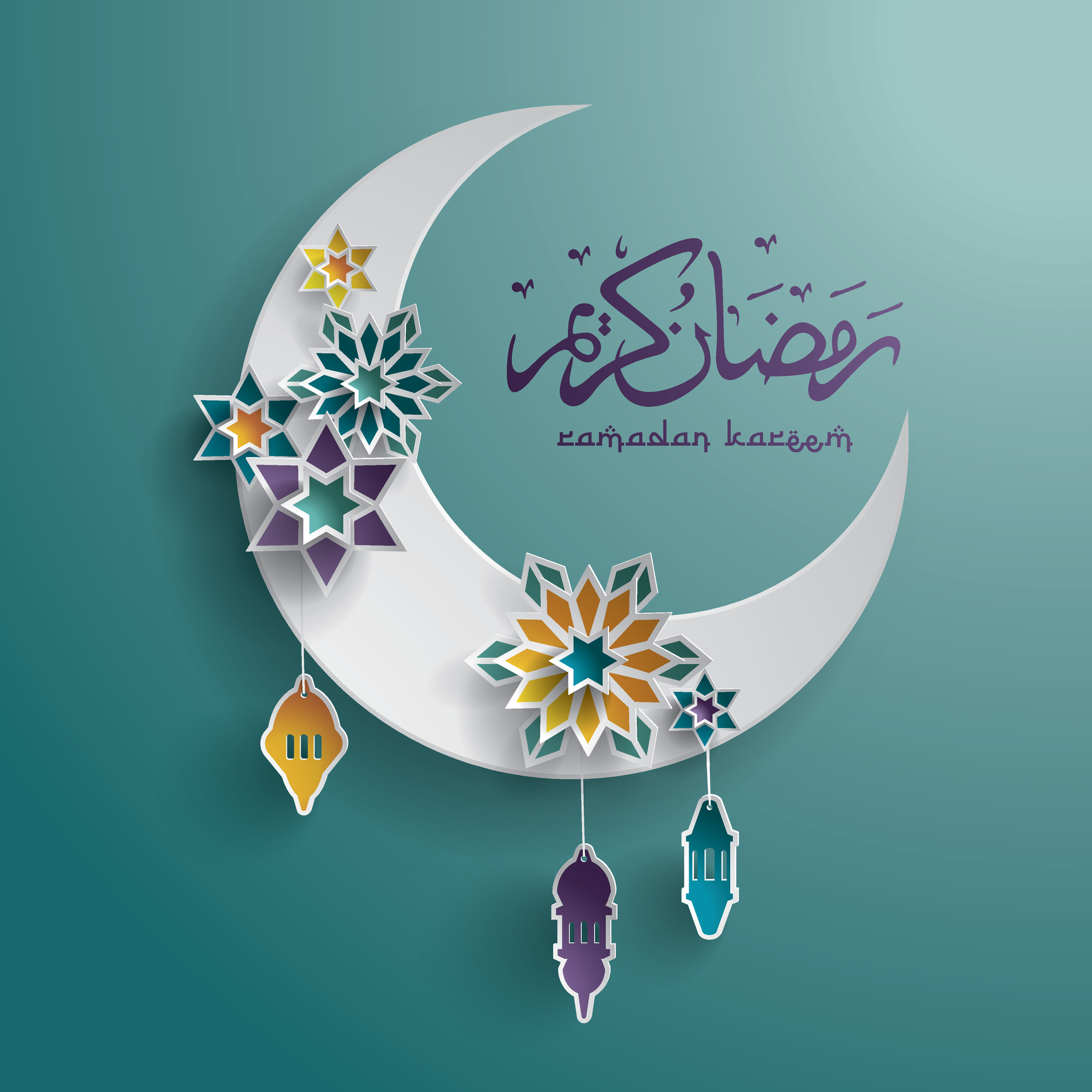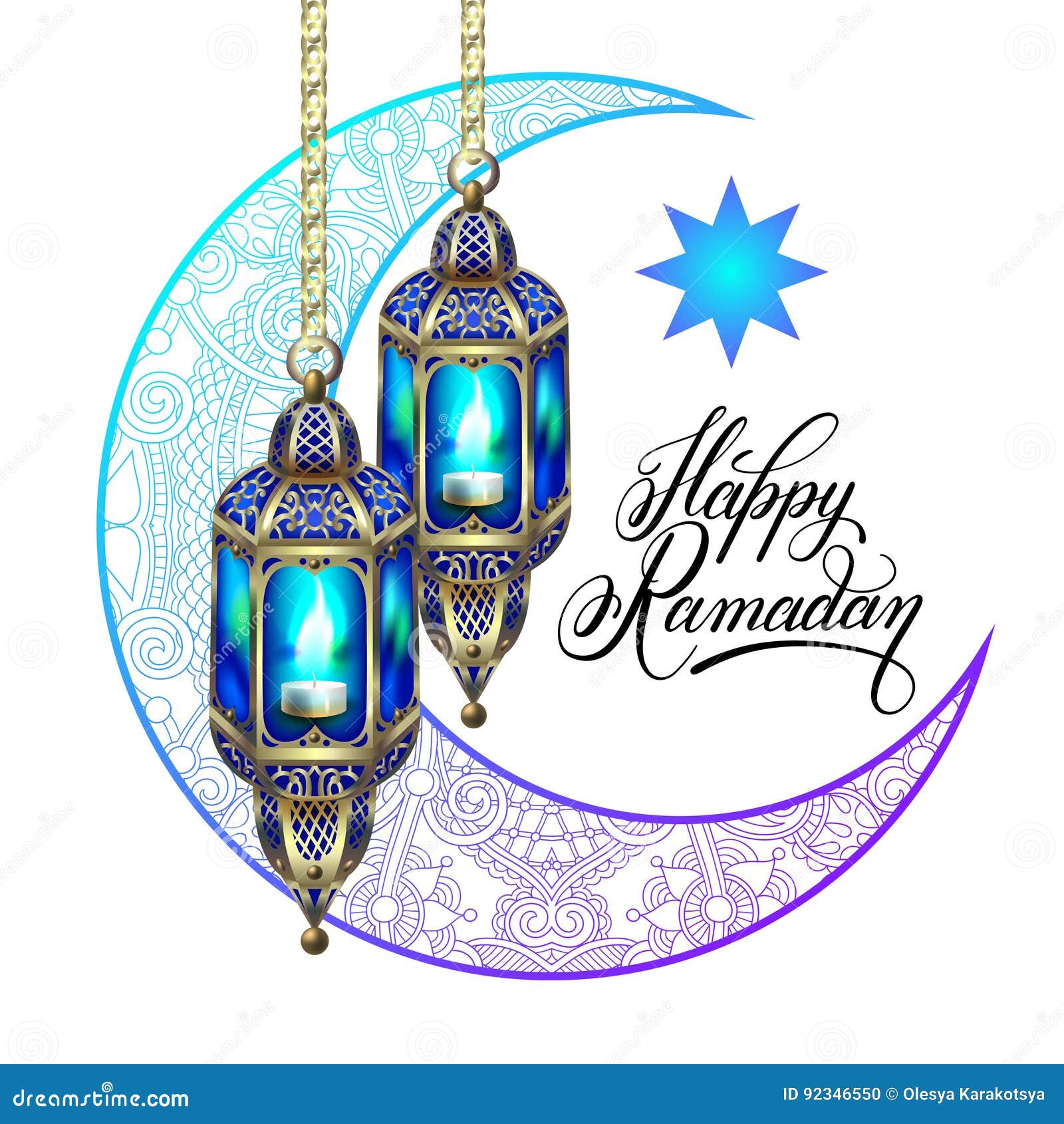Happy Ramadan: A Celebration Of Faith, Family, And Togetherness
As the crescent moon rises in the sky, marking the beginning of Ramadan, millions of Muslims around the world prepare to embrace a month of spiritual reflection, self-discipline, and community. Happy Ramadan is more than just a greeting; it’s a celebration of faith, unity, and the values that bring people together. In this article, we’ll dive deep into what makes Ramadan special, how it’s celebrated globally, and why it’s such an important time for Muslims worldwide.
Think about it—Ramadan isn’t just about fasting from sunrise to sunset. It’s a time when people slow down, reflect on their lives, and reconnect with their spirituality. It’s like hitting the reset button for your soul. So, whether you’re observing Ramadan yourself or simply curious about what it entails, this article has got you covered. We’re gonna break it down step by step, making sure you leave here feeling informed and inspired.
And hey, don’t worry if you’re not Muslim. Understanding Ramadan can give you a deeper appreciation for one of the most significant religious observances in the world. Plus, who doesn’t love learning about different cultures and traditions, right? Let’s dive in!
- Gg Now Roblox Your Ultimate Guide To The Hottest Gaming Phenomenon
- Nra Dana Loesch The Story Behind The Controversial Figure
What is Ramadan All About?
At its core, Ramadan is the ninth month of the Islamic lunar calendar, and it’s considered one of the holiest times for Muslims. It’s believed that during this month, the Quran was first revealed to the Prophet Muhammad (peace be upon him). But it’s not just about the history—Ramadan is a time for personal growth, charity, and strengthening relationships with family and friends.
One of the key aspects of Ramadan is fasting, or sawm, which is one of the Five Pillars of Islam. Fasting isn’t just about skipping meals—it’s about developing empathy for those less fortunate and cultivating patience and discipline. And trust me, after a long day of fasting, breaking that fast with iftar is one of the most satisfying experiences ever!
Why is Ramadan Important?
For Muslims, Ramadan is more than just a religious obligation—it’s a time to focus on inner peace and self-improvement. It’s about reconnecting with your faith, spending quality time with loved ones, and giving back to the community. You know that feeling when you accomplish something really tough? That’s kinda how Ramadan feels—like you’ve pushed yourself to grow spiritually and mentally.
- Kimberly Trump The Rising Star In The Spotlight
- Arielle Kebbel The Rising Star Who Captures Hearts On And Off Screen
Plus, there’s this beautiful sense of unity during Ramadan. No matter where you are in the world, Muslims are fasting together, praying together, and celebrating together. It’s like a global family reunion, but instead of awkward small talk, there’s tons of love, support, and delicious food!
Happy Ramadan: The Spirit of Giving
Charity, or zakat, is another important part of Ramadan. It’s about helping those in need and sharing your blessings with others. Many Muslims use this time to donate money, food, or even their time to support charitable causes. And let’s be real, helping others makes you feel amazing—it’s like a warm fuzzy feeling that spreads from your heart to the rest of your body.
Did you know that studies show giving back to the community improves mental health and increases happiness? Yeah, science backs it up! So when people say “Happy Ramadan,” they’re not just talking about the joy of fasting and praying—they’re also celebrating the positive impact of generosity and kindness.
How Can You Support Ramadan Celebrations?
Even if you’re not Muslim, there are plenty of ways to show your support during Ramadan. You can volunteer at local food banks, donate to charity, or even just learn more about the holiday. Showing respect and understanding goes a long way in building bridges between communities. And who knows? You might just discover something new about yourself in the process.
Traditional Practices During Ramadan
Every culture has its own unique way of celebrating Ramadan, but there are some traditions that are common across the board. For example, most people start their day with suhoor, a pre-dawn meal that gives them energy for the day ahead. Then, after sunset, they break their fast with iftar, often starting with dates and water, just like the Prophet Muhammad (peace be upon him) did.
In many countries, mosques become the center of community life during Ramadan. People gather for taraweeh prayers, which are special night prayers performed only during this month. It’s like a spiritual boot camp, but with way more prayer and way less push-ups.
Top 5 Foods to Try During Iftar
- Dates: A classic and nutritious way to break your fast.
- Haleem: A hearty stew made with wheat, meat, and spices.
- Shorba: A comforting lentil soup that warms your soul.
- Samosas: Crunchy, savory pastries filled with spiced veggies or meat.
- Kunafeh: A sweet dessert made with shredded phyllo dough and cheese.
Health Tips for Fasting During Ramadan
Fasting for long hours can be challenging, especially if you’re not used to it. But with a little planning and preparation, you can make it through the month feeling energized and healthy. Here are some tips to help you stay hydrated and nourished:
- Drink plenty of water during non-fasting hours.
- Include fiber-rich foods in your meals to keep you full longer.
- Avoid heavy, greasy foods that might upset your stomach.
- Get enough rest to help your body recover from the day’s fasting.
- Exercise lightly in the evenings to maintain your fitness.
And remember, if you have any health conditions or concerns, it’s always a good idea to consult with your doctor before starting a fasting regimen. Your health is important, and taking care of yourself is a form of worship too!
Common Misconceptions About Fasting
There are a lot of myths out there about fasting during Ramadan, so let’s clear some of them up. For starters, fasting isn’t about starving yourself—it’s about learning moderation and self-control. And while it might sound tough, most people find that their bodies adjust pretty quickly to the new routine.
Another misconception is that fasting is only for religious reasons. While it’s true that Ramadan is a spiritual practice, many people also see it as an opportunity to reset their eating habits and improve their overall health. So yeah, it’s kind of like a month-long detox, but way cooler because it’s rooted in faith and tradition.
Global Celebrations of Happy Ramadan
From Indonesia to Morocco, Turkey to the United States, Ramadan looks a little different in every corner of the world. In some places, you’ll find bustling street markets selling traditional foods and sweets. In others, families gather at home to share meals and stories. No matter where you are, though, the spirit of Ramadan remains the same.
One of the coolest things about Ramadan is how it brings communities together. Imagine entire neighborhoods coming alive at sunset, with the call to prayer echoing through the streets. It’s a truly magical experience that reminds us of the power of connection and shared purpose.
How Different Cultures Celebrate Ramadan
Here’s a quick look at how some countries celebrate Ramadan:
- In Egypt, lanterns called "fanous" are a staple decoration, symbolizing the light of faith.
- In Malaysia, open houses are common, where families invite friends and neighbors to join them for iftar.
- In Turkey, the tradition of "iftar tables" sees people setting up free meals for anyone in need.
- In the United States, Muslims often host interfaith iftars to promote understanding and cooperation.
The Science Behind Fasting
Believe it or not, fasting has been studied extensively by scientists, and the results are pretty fascinating. Research shows that intermittent fasting can improve metabolic health, boost brain function, and even extend lifespan. So when Muslims fast during Ramadan, they’re not just practicing their faith—they’re also giving their bodies a chance to reset and rejuvenate.
Of course, the spiritual benefits of fasting are just as important as the physical ones. It’s about learning to control your desires, developing empathy for others, and strengthening your connection to God. And let’s be honest, who couldn’t use a little more of that in their life?
Benefits of Fasting Beyond Ramadan
Even if you’re not observing Ramadan, you can still incorporate fasting into your lifestyle. Many people practice intermittent fasting as a way to improve their health and well-being. Some of the benefits include:
- Improved insulin sensitivity
- Weight loss and fat reduction
- Increased mental clarity and focus
- Reduced inflammation in the body
Happy Ramadan: A Time for Reflection
As Ramadan draws to a close, Muslims prepare for Eid al-Fitr, the festival of breaking the fast. It’s a time to celebrate with family and friends, exchange gifts, and give thanks for the blessings of the past month. But more than that, it’s a time to reflect on the lessons learned during Ramadan and carry them forward into the rest of the year.
So, whether you’re saying “Happy Ramadan” to someone or simply wishing them a blessed Eid, remember that these words carry a lot of meaning. They’re not just greetings—they’re reminders of the importance of faith, kindness, and community.
Taking Ramadan Beyond the Month
One of the best things about Ramadan is that it doesn’t have to end when the month does. The values of compassion, generosity, and self-discipline can be practiced all year round. Think about it—what if we all tried to be a little kinder, a little more patient, and a little more giving every single day? The world would be a much better place, wouldn’t it?
Conclusion: Spreading the Joy of Ramadan
In conclusion, Ramadan is so much more than just fasting—it’s a time for spiritual growth, community building, and spreading joy. By understanding and celebrating this holy month, we can all learn valuable lessons about empathy, gratitude, and the power of coming together.
So, the next time you hear someone say “Happy Ramadan,” take a moment to appreciate the beauty of this tradition. And if you’re feeling inspired, why not try incorporating some of these practices into your own life? After all, who doesn’t want to live a little more mindfully and compassionately?
And hey, don’t forget to share this article with your friends and family! The more people who understand Ramadan, the stronger our global community becomes. Together, we can create a world where everyone feels seen, heard, and valued. Now that’s something worth celebrating!
Table of Contents
- What is Ramadan All About?
- Why is Ramadan Important?
- Happy Ramadan: The Spirit of Giving
- How Can You Support Ramadan Celebrations?
- Traditional Practices During Ramadan
- Top 5 Foods to Try During Iftar
- Health Tips for Fasting During Ramadan
- Common Misconceptions About Fasting
- Global Celebrations of Happy Ramadan
- The Science Behind Fasting
- Happy Ramadan: A Time for Reflection
- Deborah Bollman The Remarkable Story Of A Trailblazer In Her Field
- Download The Movies For Free Your Ultimate Guide To2151227861 Streaming And Downloading

Happy Ramadan Mubarak Images

Happy Ramadan 2017 Henna Blog Spot

Happy Ramadan Vector Illustration 65078076